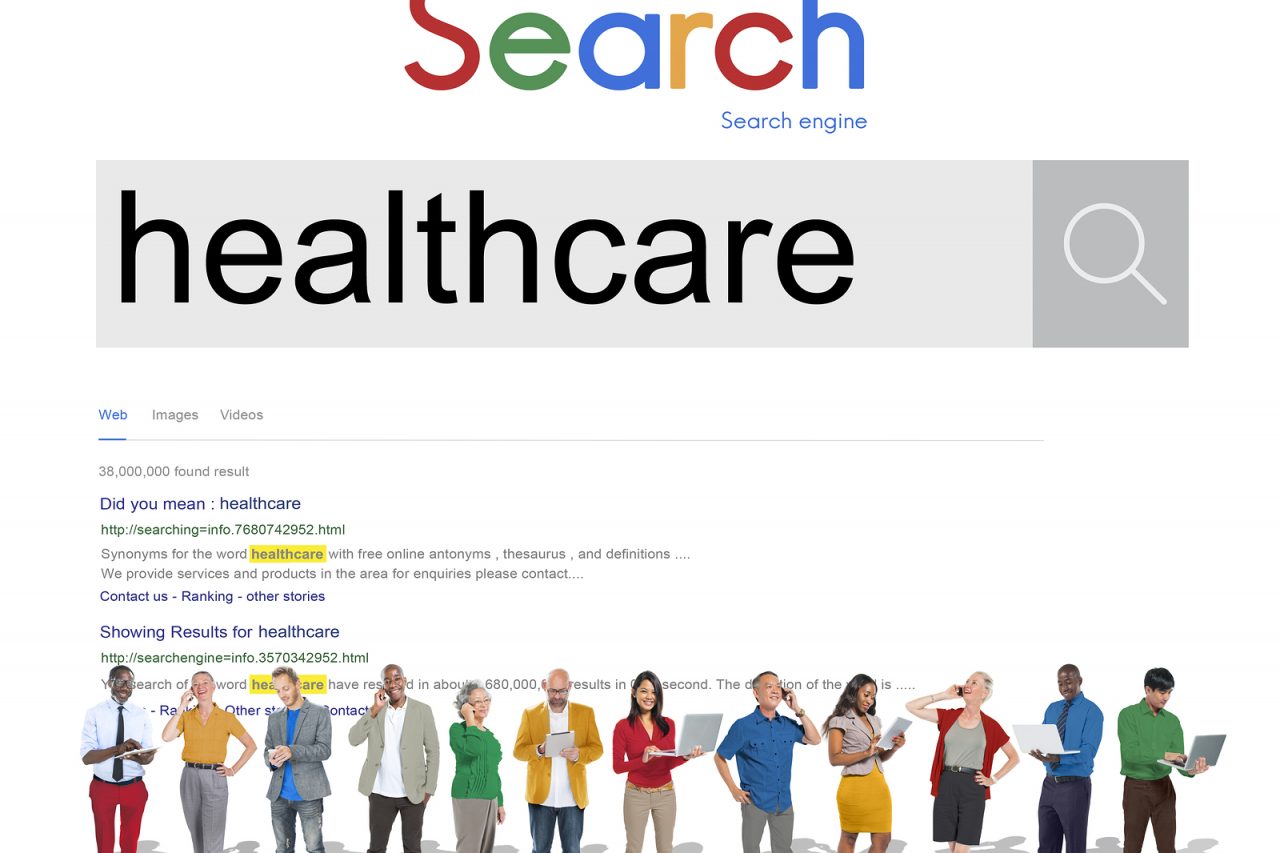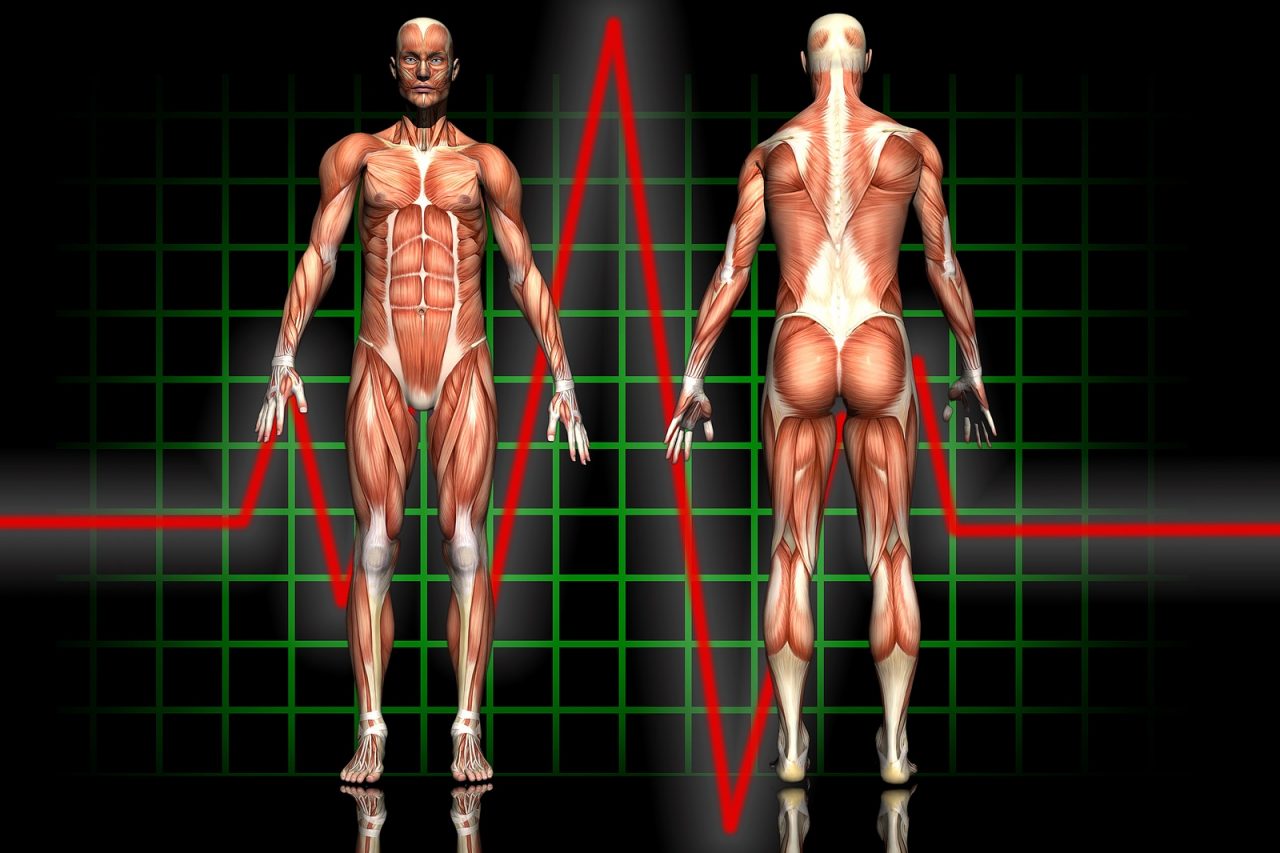Much of medicine is no harder than Mom, a Band-Aid and a scrapped knee. Flu shots save lives, give flu shots. Bleeding causes anemia, give iron or, if severe, blood. There is a fracture, fix it. A boil hurts, lance it. This is not rocket science.
Perhaps medicine is so simple that it can be automated. Instead of a doctor at all, use an algorithm. Rule #1; If A then B. For the harder cases; If A then B unless C. Easy, flawless, idiot proof, cheap.
Therefore, I am intrigued by the following treatment protocol, which is proposed for use in my hospital. It seems rudimentary, but it is revolutionary or at least prophetic … tomorrow’s medicine today.
The idea, which came from our orthopedic service, is simple. If a patient’s blood test shows a deficiency in Vitamin D, than give that patient Vitamin D. Now, please note, the key here is that no direct order for Vitamin D treatment is written by or requested from a doctor, nurse practitioner or nurse. If the lab reports low Vitamin D, then the patient will be automatically treated. In effect, the EMR will note the lab test and order therapy.
This seems like a splendid and efficient solution to a real and common medical problem. Many studies indicate that low Vitamin D is associated with a mix of different maladies, some life threatening. The strongest data is around bone health as osteoporosis is increased with low Vitamin D. So is the risk of falls with fractures, the complications of which can be devastating.
With Vitamin D deficiency, colon and lung cancer increase, as do breast cancers in postmenopausal women. In addition, research suggests that if you do get cancer and you already have low vitamin D levels, you are more likely to die. Finally, there may be effects on heart health, immune function, and diabetes.
What is not completely clear is how much benefit is derived by replacing low Vitamin D. While bone fractures happen less, can the same be said for other illness? The research is still out. However, in patients with low Vitamin D, there is very little risk from supplements and if the only thing we achieve is less hip fractures, that is still a big win.
The question remains, are we comfortable if an automatic Vitamin D prescription is at the core of the decision? If A, then B, sans MD. If we accept this very simple, safe plan, how far do we want to go? Is there anything wrong with an automatic test of every patient that is seen in a clinic or office for Vitamin D and giving a Vitamin D prescription if “decided” by the EMR, without the doctor ever being notified?
This apparently innocuous example is a model for future medical care, where information systems completely manage medical decisions. What is the real difference between ordering Vitamin D, and penicillin? The EMR notes a positive blood culture, checks sensitivities, measures renal function, rules out allergies, and then the computer orders an on-time, on-target antibiotic, while the doctor is asleep in bed, playing golf or, hopefully, treating another, more complex, patient?
How about computers titrating seizure medicines based on EEG results and blood levels? Drug and dose ordering home blood pressure machines? Auto-analyzing telemetry, suppressing arrhythmias by adding meds and adjusting pacemakers? Intelligent ventilators? Sentient da Vinci robots? A cell phone App, which adjusts IV pain medications for patients on hospice?
Enhanced medical informatics has a mindboggling but unknown potential for accuracy, speed, patient empowerment, reduced cost and might guarantee state-of-the-art care. However, the transformation will be complex and, to no small extent, disrupting and disturbing. How and where we apply such technology will depend not only on the development of automated systems, but on our understanding of what it means to be human. Nonetheless, wherever our journey takes us, we can be certain that what it means to be a patient or a doctor will change forever.







10 Comments